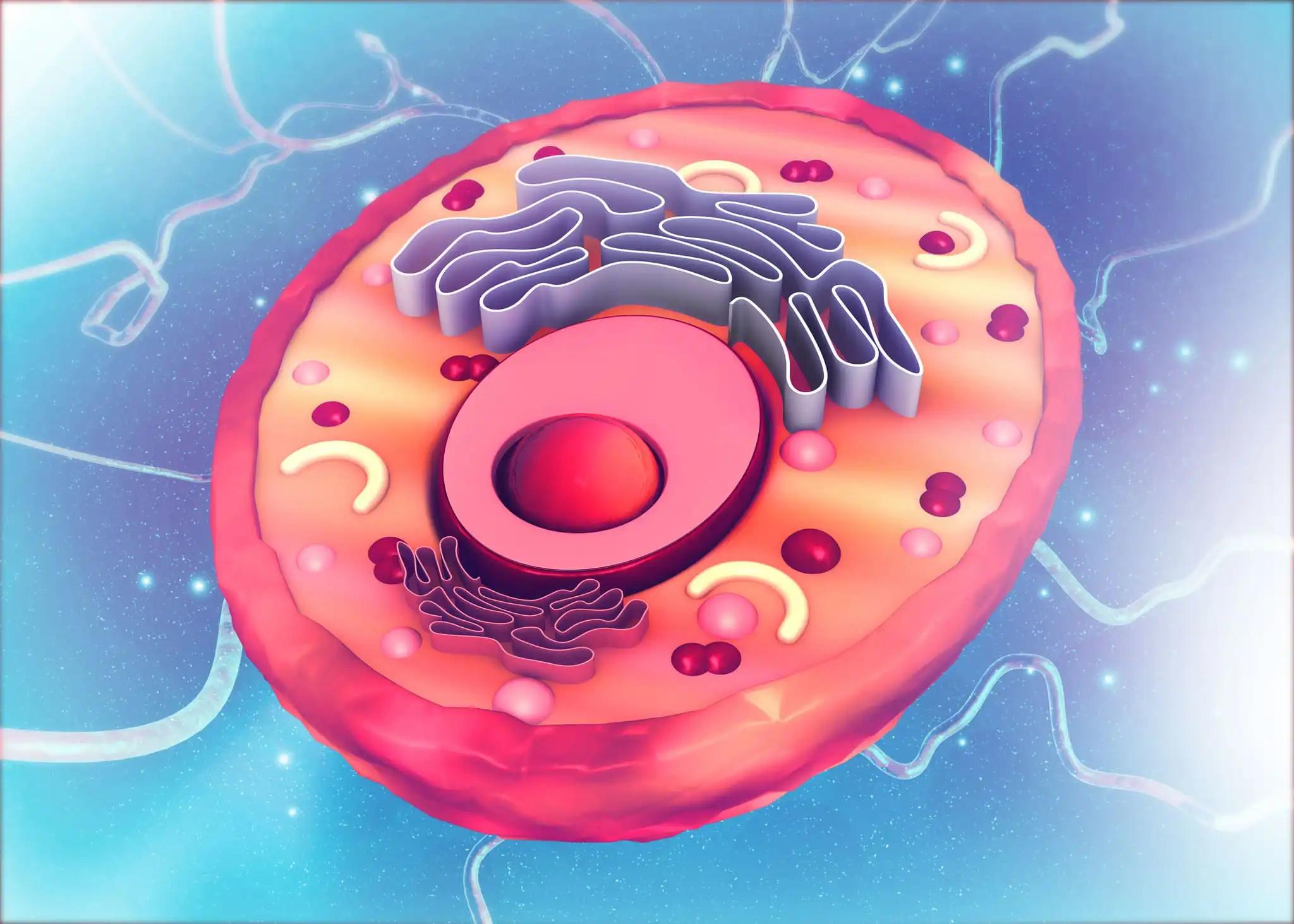KEY TAKEAWAYS
- The Phase III IMmotion010 NCT03024996 trial was a placebo-controlled, randomized, double-blind study conducted across 28 countries with 778 participants.
- This study evaluated whether adjuvant treatment with atezolizumab could prevent recurring renal cell carcinoma following resection.
- The study’s primary outcome measure was Investigator-assessed Disease-Free Survival, which showed no significant difference between the atezolizumab and placebo arms.
- The findings of this study do not recommend using adjuvant atezolizumab for renal cell carcinoma in patients at high risk of recurrence following resection.
The Phase III IMmotion010 trial was conducted for patients with renal cell carcinoma with a clear cell or sarcomatoid component and an elevated risk of return. Patients were randomly allocated (1:1) to receive atezolizumab (1200 mg) or a placebo (both intravenous) once every three weeks for 16 cycles or following a one-year nephrectomy with or without metastasectomy.
Geographical area (North America [excluding Mexico] vs. the rest of the world) and PD-L1 status on tumor-infiltrating immune cells (<1% vs. ≥1% expression) were stratification factors. Another factor was the disease stage (T2 or T3a vs. T3b-c or T4 or N+ vs. M1, no evidence of disease).
All patients randomly assigned to treatment and received any quantity of the study drug (i.e., atezolizumab or placebo), regardless of whether a full or partial dose was received, were included in the safety-evaluable group.
A total of 778 individuals were enrolled; 390 (50%) received atezolizumab, while 388 (50%) received a placebo. The median follow-up period was 44 months (IQR 39.1-51.0). Atezolizumab had a median investigator-assessed disease-free survival of 57.2 months (95% CI 44.6 to not evaluable), while saline had a median investigator-assessed disease-free survival of 49.5 months (47.4 to not evaluable) (HR 0.93, 95% CI 0.75-1.15, p=0.50). The most frequent grade 3–4 adverse events were hypertension (2% vs. 4%), hyperglycemia (3% vs. 2%), and diarrhea (1% vs. 2%). In addition, a serious adverse event occurred in 69 (18%) patients who got atezolizumab and 46 (12%) patients who received a placebo. However, there were no fatalities.
By the study’s conclusion, there was no evidence proving the superiority of atezolizumab over placebo as adjuvant therapy for patients with renal cell carcinoma who were at higher risk of recurrence following resection.
Source:https://www.thelancet.com/journals/lancet/article/PIIS0140-6736(22)01658-0/fulltext
Clinical Trial:https://clinicaltrials.gov/ct2/show/NCT03024996
Pal, S. K., Uzzo, R., Karam, J. A., Master, V. A., Donskov, F., Suarez, C., Albiges, L., Rini, B., Tomita, Y., Kann, A. G., Procopio, G., Massari, F., Zibelman, M., Antonyan, I., Huseni, M., Basu, D., Ci, B., Leung, W., Khan, O., Dubey, S., Bex, A. (2022). Adjuvant atezolizumab versus placebo for patients with renal cell carcinoma at increased risk of recurrence following resection (IMmotion010): a multicentre, randomised, double-blind, phase 3 trial. Lancet (London, England), 400(10358), 1103–1116. https://doi.org/10.1016/S0140-6736(22)01658-0



